About Publications Library Archives
heritagepost.org

Preserving Revolutionary & Civil War History

Preserving Revolutionary & Civil War History

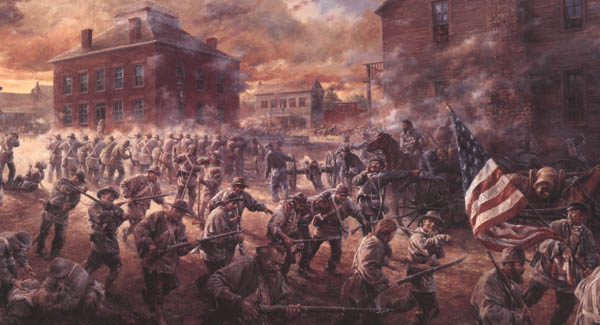
The Battle of Carthage, also known as the Battle of Dry Fork, took place at the beginning of the American Civil War on July 5, 1861, in Jasper County, Missouri. The experienced Colonel Franz Sigel commanded 1,100 Federal soldiers intent on keeping Missouri within the Union. The Missouri State…
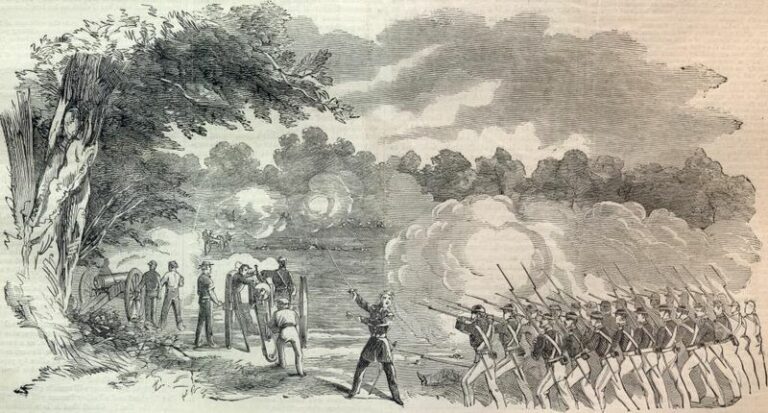
The First Battle of Boonville was a minor skirmish of the American Civil War, occurring on June 17, 1861, near Boonville in Cooper County, Missouri. Although casualties were extremely light, the battle’s strategic impact was far greater than one might assume from its…
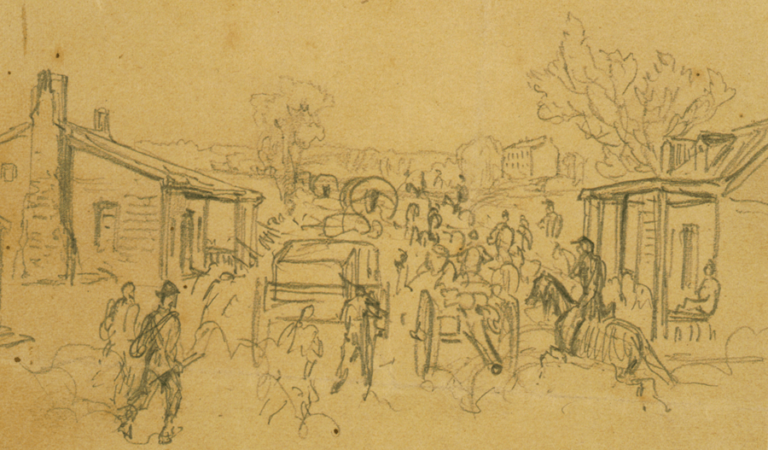
The Battle of Big Bethel, also known as the Battle of Bethel Church or Great Bethel was one of the earliest land battles of the American Civil War (Civil War) after the surrender of Fort Sumter. The battle between Union Army and Confederate States Army forces on June 10, 1861 took place…
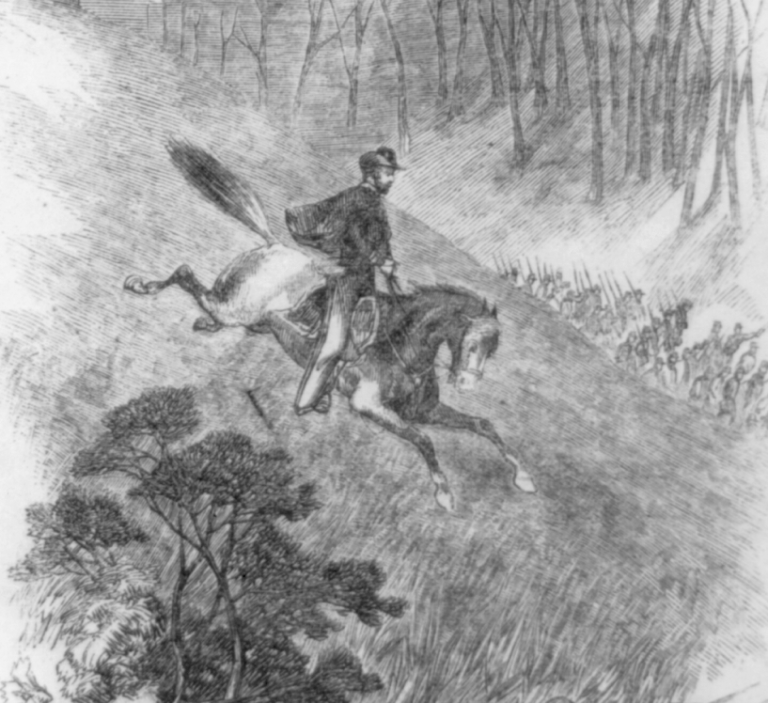
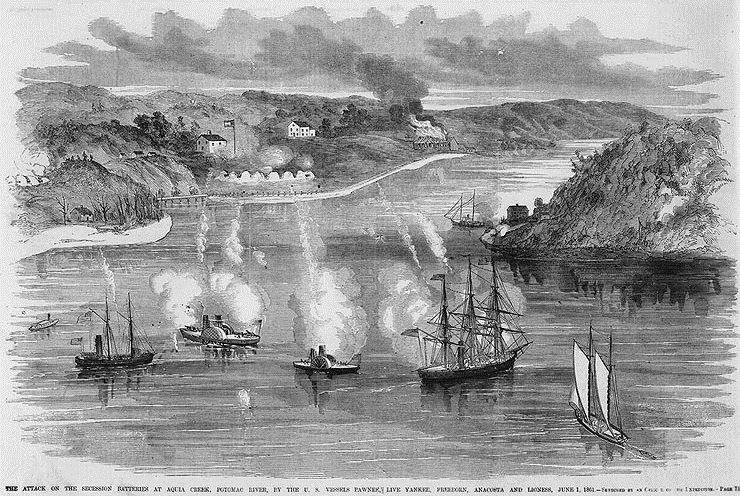
The Battle of Aquia Creek was an exchange of cannon fire between Union Navy gunboats and Confederate shore batteries in Stafford County, Virginia which took place from May 29, 1861 to June 1, 1861 during the early days of the American Civil War. The Confederates set up…

Coordinates: 36°57′17″N 76°19′36″W / 36.95472°N 76.32667°W The Battle of Sewell’s Point was an inconclusive exchange of cannon fire between the Union gunboat USS Monticello, supported by the USS Thomas Freeborn, and Confederate batteries on Sewell’s Point that took place on May 18, 19 and 21, 1861, in Norfolk County, Virginia in the early days of…
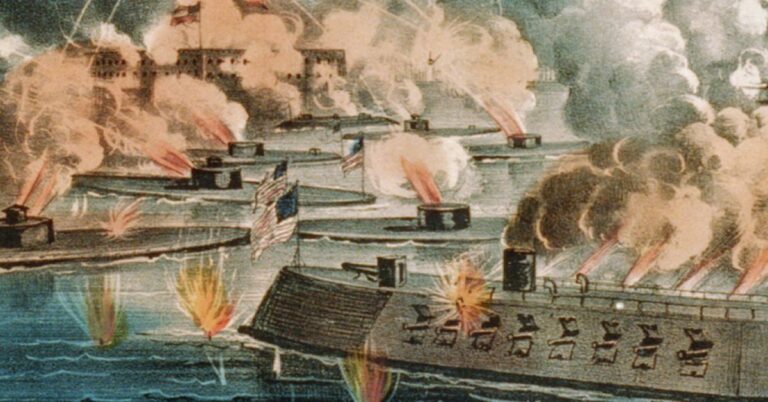
The Battle of Fort Sumter (April 12–14, 1861) was the bombardment and surrender of Fort Sumter, near Charleston, South Carolina, that started the American Civil War. Following declarations of secession by seven Southern states, South Carolina demanded that the U.S. Army abandon its facilities in Charleston…
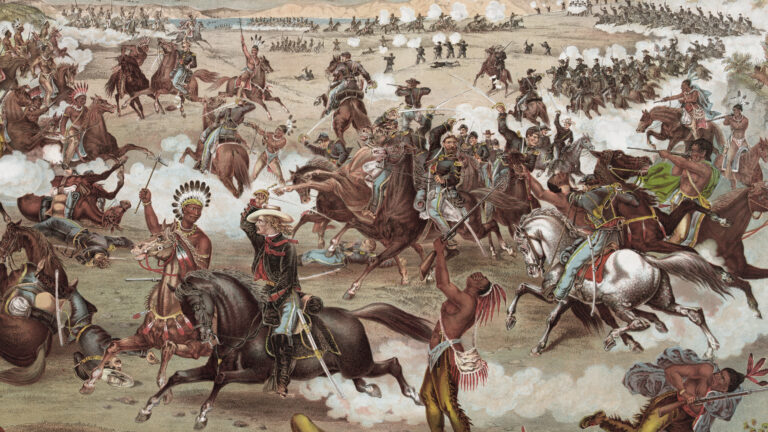
The Battle of Little Big Horn: The Prelude to Disaster It is hard to say how many years ago the Dakota Indians of the Northern Mississippi River began to spill over the Missouri in search of game, and became hostile…
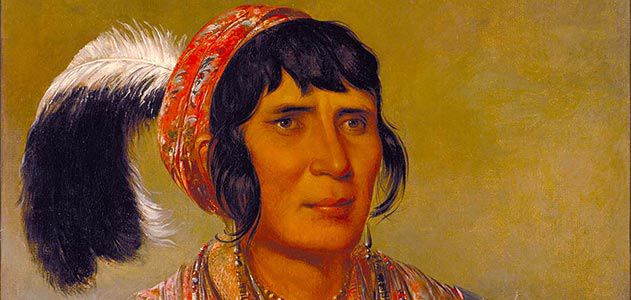
Seminole Indians, a tribe of Florida Indians, made up of two bands of the Creeks, who withdrew from the main body in 1750, and remnants of tribes who had come in contact with the Spaniards. The Seminoles were hostile to the Americans during the…

Creek Indians, members of a noted confederacy whose domain extended from the Atlantic westward to the high lands which separate the waters of the Alabama and Tombigbee rivers, including a greater portion of the States of Alabama and Georgia and the…
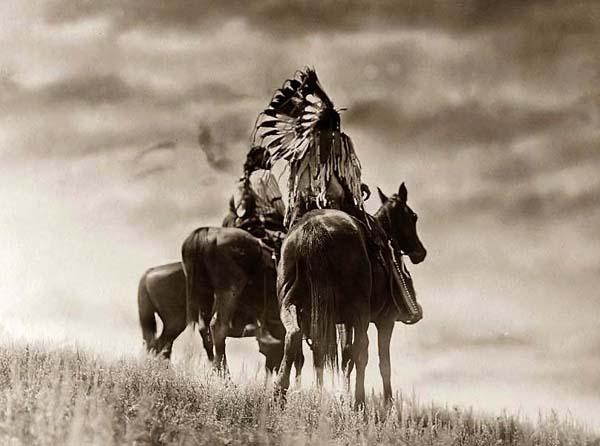
Cheyenne Indians, one of the most westerly tribes of the Algonquian nation. They were seated on the Cheyenne, a branch of the Red River of the North. Driven by the Sioux, they retreated beyond the Missouri. Near the close of the eighteenth…
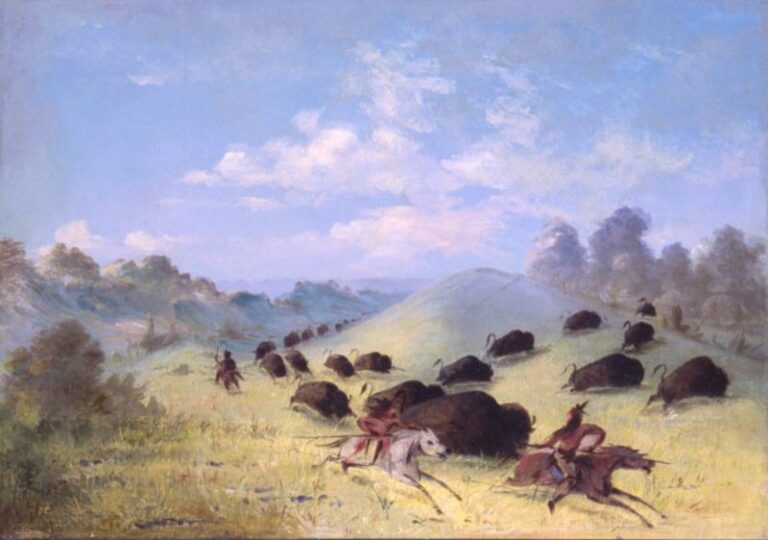
Comanche Indians, a roving and war-like tribe of North American Indians of the Shoshone family who, when first known, inhabited the region from the headwaters of the Brazos and Colorado rivers to those of the Arkansas and Missouri, some of their…